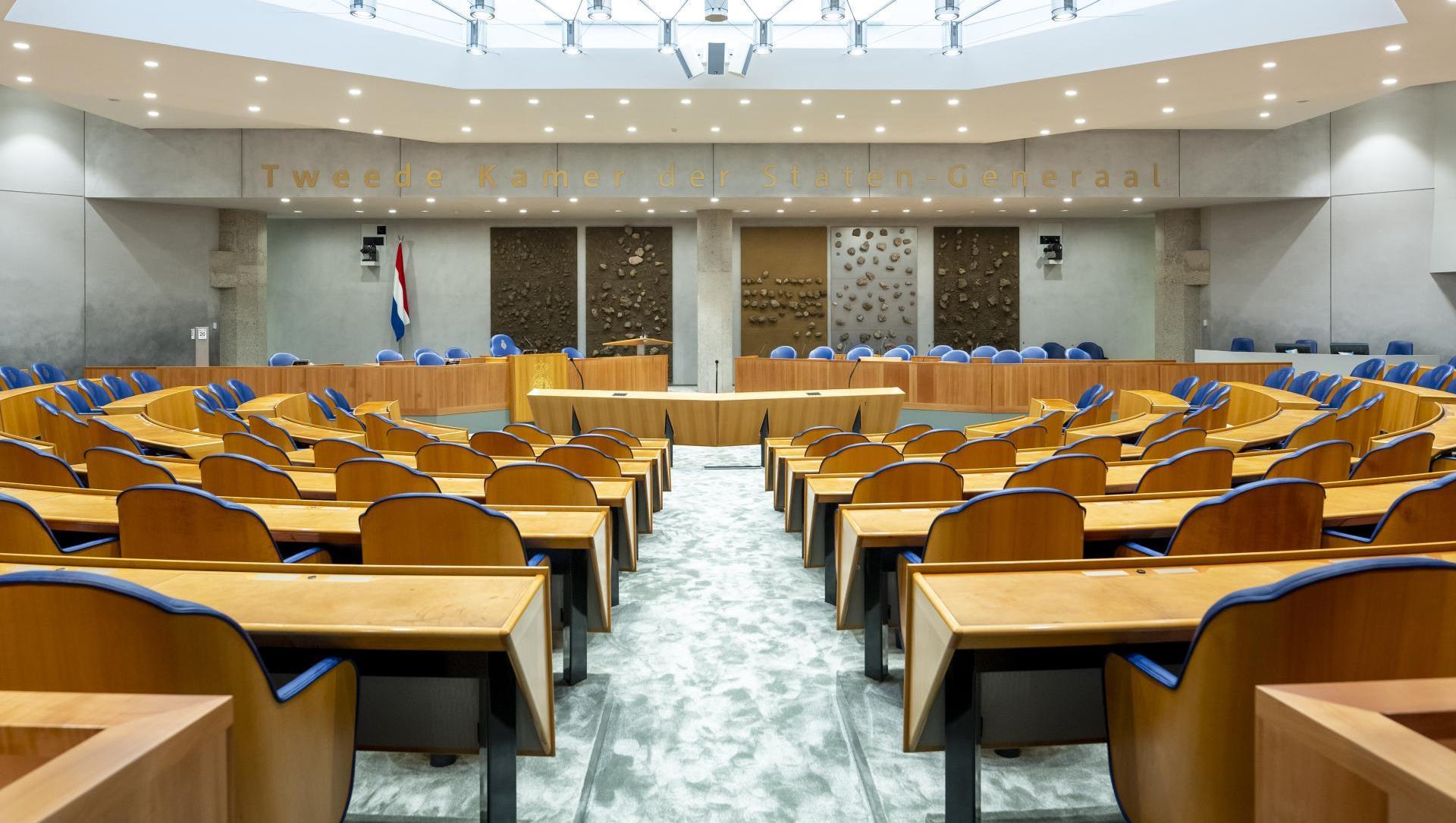Report University of Maastricht "Proportionaliteit in het octrooirecht"

In de motie van Tweede Kamerlid Amhaouch (CSA) wordt de regering verzocht te onderzoeken of het proportionaliteitsbeginsel voldoende verankerd is in het Nederlandse octrooirecht, en zo nee, te onderzoeken hoe dit beginsel verankerd kan worden. Het proportionaliteitsbeginsel houdt in dat een rechter bij de beoordeling meeweegt of een gevorderde maatregel (bijvoorbeeld een verbod) in verhouding staat tot de geconstateerde inbreuk op een octooi. In het rapport wordt geconcludeerd dat het proportionaliteitsbeginsel uit de Europese Handhavingsrichtlijn in relatie tot octrooi-inbreukverboden voldoende is vertaald in het Nederlandse octrooirecht.
De Rijksoctrooiwet 1995 kent geen expliciete proportionaliteitstoets, ook niet na implementatie van de Richtlijn betreffende de handhaving van intellectuele-eigendomsrechten (de Handhavingsrichtlijn).
Tijdens het commissiedebat van de vaste commissie voor EZK van 25 mei 2022 werd u verzocht de Kamer nader te informeren over inbreukverboden en proportionaliteit in het octrooirecht.
U heeft de Kamer bij brief van 20 juni 2022 geinformeerd dat u geen aanleiding ziet om een proportionaliteitstoets in de Rijksoctrooiwet 1995 op te nemen (Tweede Kamer, vergaderjaar 2021–2022, 30 635, nr. 9).
Bij motie van Tweede Kamerlid Amhaouch (CDA) van 20 december 2022 is verzocht om een nader onderzoek naar de verankering van het proportionaliteitsbeginsel in het Nederlandse octrooirecht. Ter uitvoering van deze motie is een onafhankelijk onderzoek uitgevoerd door de Universiteit Maastricht.
In het onderzoeksrapport wordt vastgesteld dat uw Kamerbrief van 20 juni 2022 al buitengewoon helder de situatie in Nederland schetst en wordt geconcludeerd dat als gevolg van de rechtstreekse werking van de Handhavingsrichtlijn de Nederlandse rechter het proportionaliteitsbeginsel onbelemmerd kan en ook moet toepassen. Daarmee is de toepassing van het proportionaliteitsbeginsel voldoende verankerd in het Nederlandse octrooirecht.
Verder concludeert de Universiteit Maastricht dat het onderwerp zich op dit moment ook niet leent voor nadere vastlegging in wetgeving. Uit het onderzoek blijkt dat geen sprake is van duidelijk uitgekristalliseerde inzichten in wat wel en wat niet in de prakijk door de rechter meegewogen kan of dient te worden bij de toepassing van het proportionaliteitsbeginsel. Om die reden wordt aanbevolen af te zien van codificatie en ruimte te geven aan nadere rechtsontwikkeling door de rechter.
Other blogs

Professor Ohly’s two passions: patent law and clarinet

UPC Early Litigation Data: The Innovation Paradox


![[:swvar:ufile:12:description:]](/swfiles/files/ip2i-logo-1-1.png?nc=1772186131)